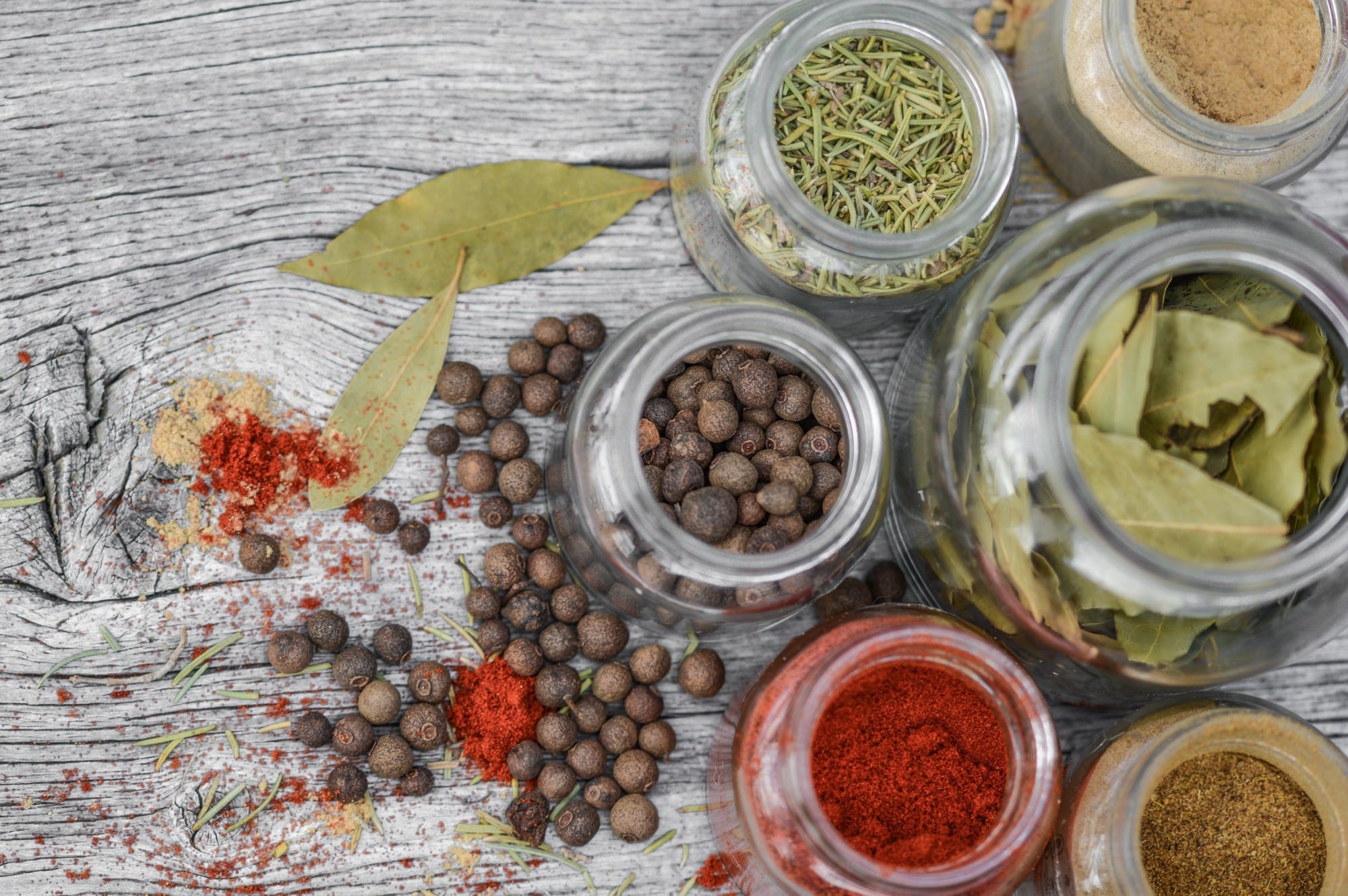Stewart Adams developed ibuprofen in 1969, half a century ago. Herbalism, the treatment of ailment with the use of medicinal plants, predates history. Archeological finds allude to herbal use as far back as 60,000 years ago.
From pestle and mortar to beakers, medical advancement has come a long way. But traditional herbs have their place in today’s constantly evolving world. Be it for religious purposes or distrust of medicine, pharmaceuticals are not the only option.
Lock away the Advil in the medicine cabinet. Try out some of these herbs for nerve pain.
Essential Oils
There are a few extracted oils from plants that help with neuropathic pain. Botanists distill the oils from the plant using a steaming method. The hot, pressurized water forces the oil from the plant.
Lavender, rosemary, eucalyptus, and peppermint are sources for essential oils. Their homeopathic qualities differ, but offer relief from nagging neuropathy.
Sufferers may use oils topically, but they’re typically inhaled like incense. Though, patients with pulmonary issues should consult a doctor. The FDA does not regulate homeopathic oils, so use them with caution.
Oils offer more than just nerve pain relief. Depending on the oil, they also treat arthritis, epilepsy, headaches, and anxiety.
Inhaling herbs should be done responsibly. Depending on the state, plant-based homeopathics like marijuana may be a good alternative to essential oil consumption. Denver citizens luckily have Denver Dispensary for their outlet of relief.
If You Like It Hot: Capsaicin
If you’ve ever been unfortunate enough to taste the heat of an unquenchable chili, you’re familiar with capsaicin. It’s the property in a chili herb that produces that spicy sensation.
Topical solutions are mainly available. Creams and lotions with a capsaicin ingredient treat the areas of pain.
It’s currently unknown why the herb has such an ironic use. When applied to the skin, the capsaicin produces a tingling sensation. One theory is that the cream numbs sensory nerves where applied, relieving neuropathy.
Ginger Herbs for Nerve Pain
Ginger is passed around a lot in the weightlifting community. It doesn’t come in needles, and it doesn’t need to be injected into the buttocks. It’s as simple as eating a small serving each day.
A few grams a day, consistently, help with inflammation and joint pain. Its properties are especially helpful right after exercise. Studies show that it can reduce delayed-onset muscle soreness (DOMS).
Turmeric
Its main chemical, curcuma, is a pain-reliever. In some studies, it’s as powerful as ibuprofen. Its a powerful combatant of inflammation.
It should be consumed like most spices. Add it to your food for a flair or ethnic taste.
But, beware of over-consumption. Having too high of a concentration of turmeric can cause tummy-problems, like indigestion. People with gallbladder disease should avoid it entirely.
Devil’s Claw, Not So Devilish
Devil’s Claw traces its origins to South Africa. It hasn’t been thoroughly studied, but a lot of results indicate Devil’s Claw is useful for lower back pain and arthritis.
It shouldn’t be used in excess, as there are rare side effects.
Go Herbal
Using herbs for nerve pain is an ancient tradition. Shamans and medicine-men were powerfully useful in ailing our ancestors.
Herbal oils, consumed by inhalation, have a relaxing effect.
Tumeric and ginger can be added into a daily diet. Their qualities are numerous; both relieve pain.
Devil’s Claw and capsaicin are topically applied. Their relieving traits are indeterminate, but they do help.
Check out other posts on health if neuropathy isn’t your only concern.







